Appear on screen but not paid
After four weeks as an extra on Disney+'s WandaVision, Alexandria Rubalcaba and dozens of extras were called in by the production team.
Here, one by one, people are asked to step in front of a series of cameras on a metal truss behind glass.
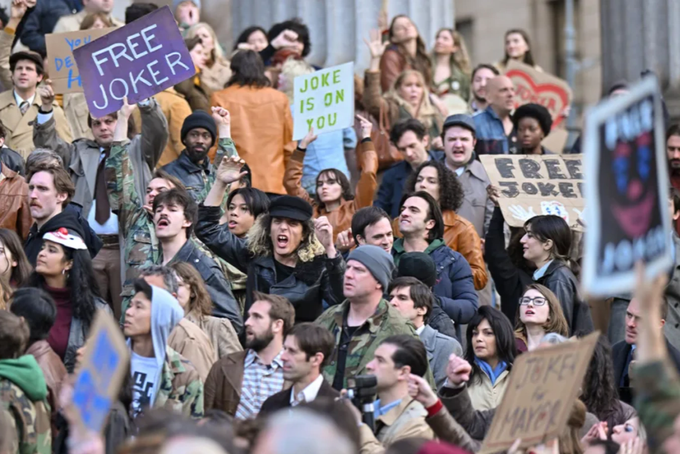
Actors go on strike over fear of being replaced by artificial intelligence (Photo: Devaney/GC Images).
"Put your hand out. Put your hand in. Look this way. Look that way. Show us your scared face. Show us your surprised face," Rubalcaba, 47, recalled the instructions she was given.
Rubalcaba said the actors had their faces and bodies scanned for about 15 minutes each, resulting in digital replicas of themselves.
However, Rubalcaba had no idea how her digital image would be used and how the production team would do it. On top of that, the actress did not receive any money for this.
Rubalcaba earned $187 a day as an extra. The actress said she did not allow a digital copy of herself to be used for any scenes.
“I fear that AI will eventually eliminate crowd actors,” Rubalcaba said.
Fears of artificial intelligence replacing extras have recently led to a strike by members of the Screen Actors Guild-American Federation of Television and Radio Artists (SAG-AFTRA), the largest labor dispute in Hollywood since the 1960s.
About 84,200 of SAG-AFTRA's 160,000 members have worked as extras in their careers. Last year, more than 30,000 SAG-AFTRA members worked at least once as extras.
A union negotiator said the studios have offered to pay extras a day's wage, which is the amount they pay to have their digital images scanned, which the studio will use for the rest of their lives.
However, studios have objected to this, stating that digital copies of extras will only be used for projects for which the actor is hired, not for future productions indefinitely.
Existential threat
Body scans of extras have become commonplace. Five extras told NPR they were caught off guard when production asked them to have their bodies scanned.
Despite their suspicions, they were unable to do anything for fear of retaliation. The studio also required most of the actors to sign non-disclosure agreements regarding the matter.
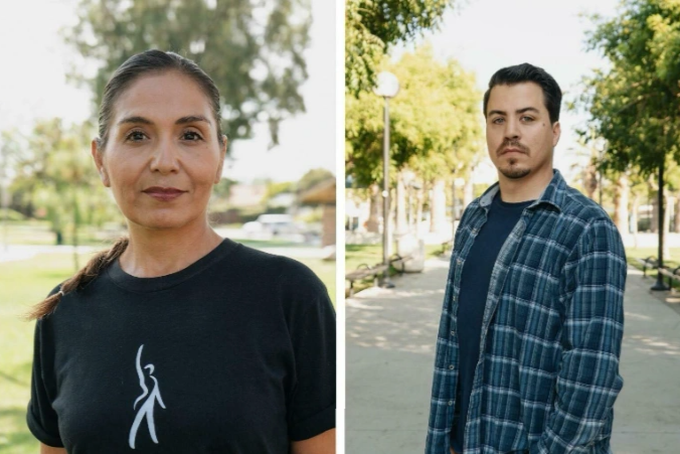
Alexandria Rubalcaba said she and other background actors had their faces and bodies "scanned" to create digital replicas (Photo: NPR).
Rebecca Safier, an actress in Los Angeles, said she was "scanned" on set. "I wonder what they're going to use my digital image for in the future?" Rebecca said.
In fact, many movie studios have AI tools that can make an on-screen actor look younger or older in seconds. But the most controversial technique is digital cloning. Voices, faces, and entire bodies can now be digitally recreated in incredibly realistic ways.
Since then, many Hollywood extras have said they worry they will be the first in the industry to be rendered obsolete by AI.
The widespread use of digital extras can have a significant impact on budgets, says Andrew Susskind, an associate professor in Drexel University's film and television department who has spent 30 years as a producer and director.
“They can create a ballroom scene, a party scene, any scene that requires tons of props. But the studio doesn’t need to pay $180 a day for extras or other food and clothing costs,” the associate professor said.
Katrina Sherwood, a freelance actress, stuntwoman and extra in Los Angeles, said she was devastated that AI would one day force her to change careers entirely. “It would be an existential threat, basically,” Katrina said.
Hollywood has long relied on high technology to enhance movies in post-production. The producers of "Game of Thrones" and "Lord of the Rings" created massive fighting armies by relying on computer software.
Or Apple could fill a stadium of about 26,000 people with just 20 human actors using digital doubles.
Technology is taking huge strides with the advent of general AI, which can generate new conversations, images, and videos by synthesizing vast troves of data, with improved hardware capable of mining it at incredible speeds.
Source link








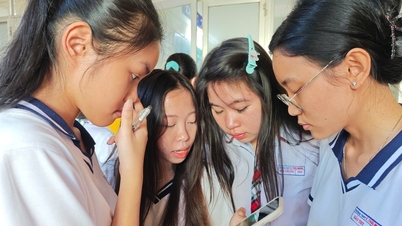




































































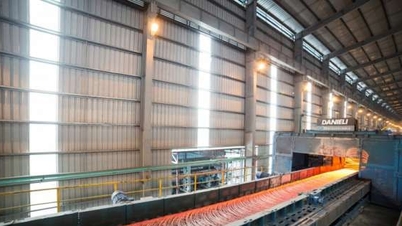












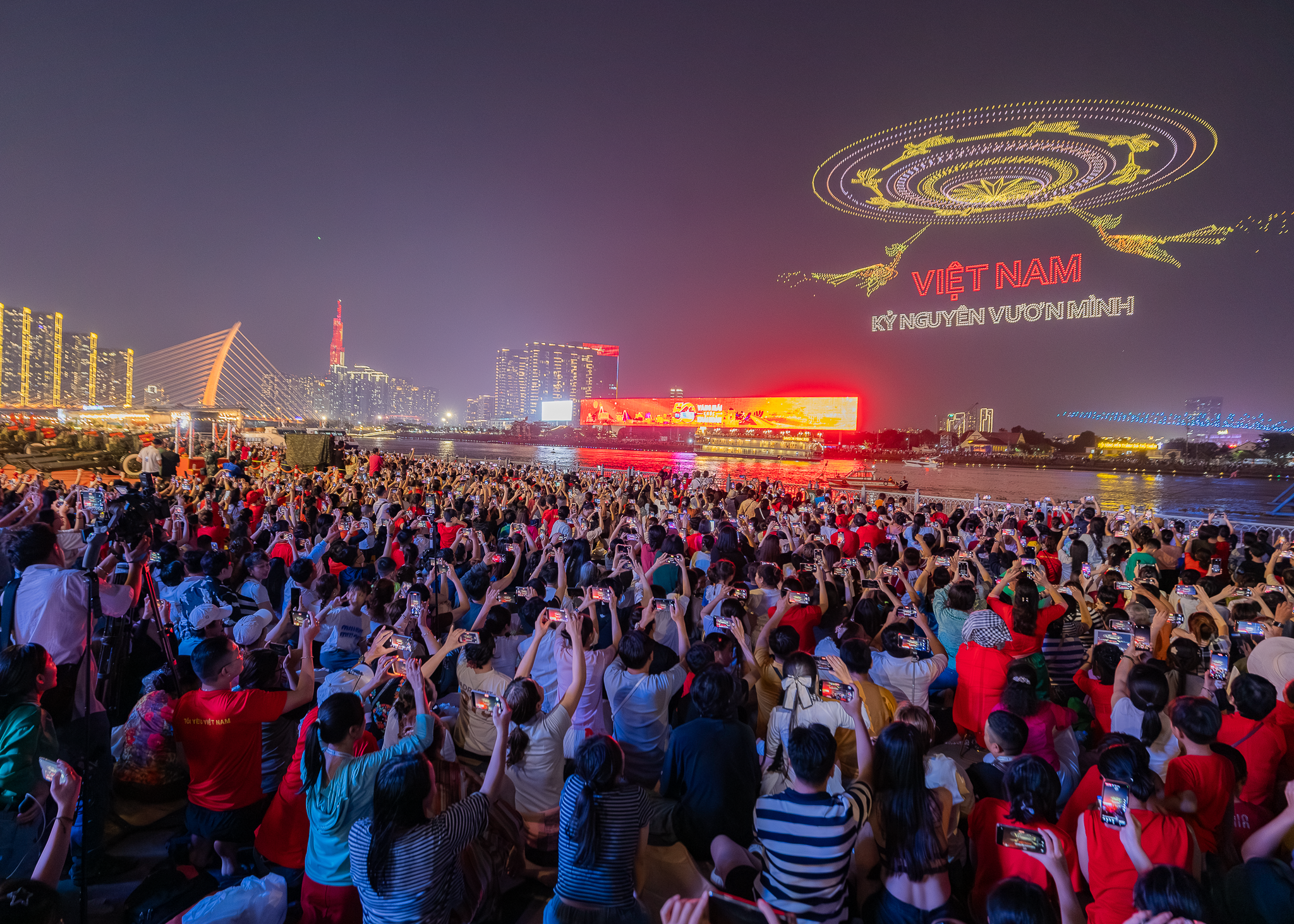


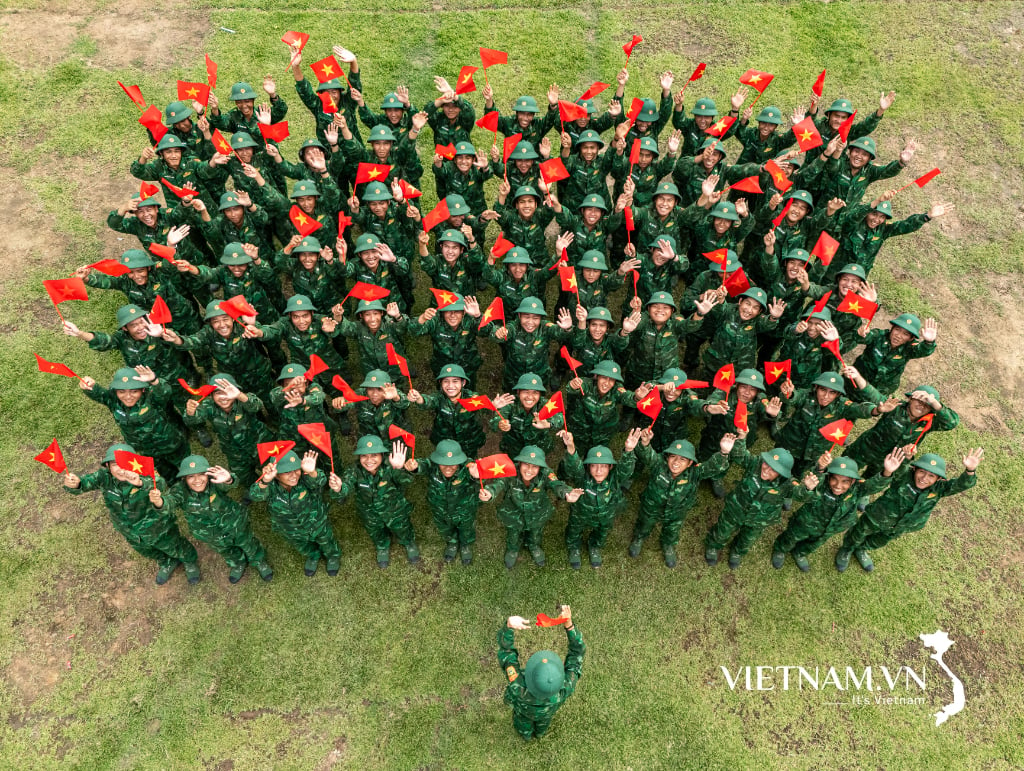
Comment (0)